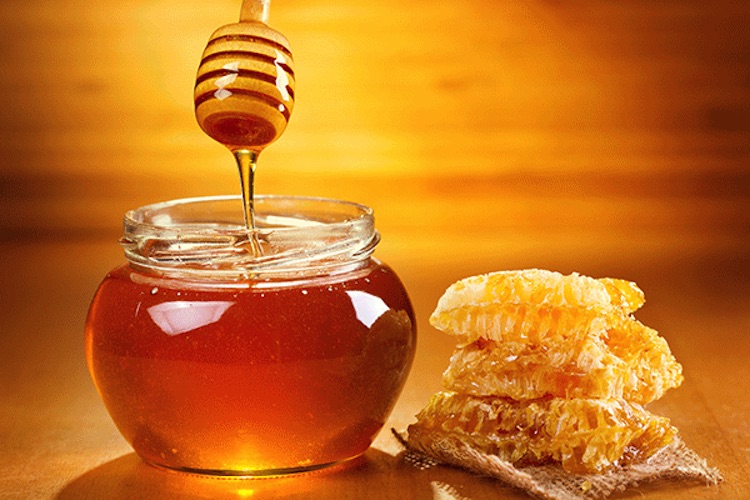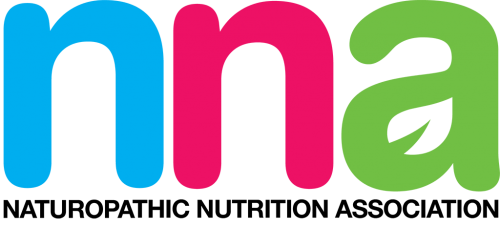
Honey ‘laundering’
Published to Latest News on Oct 01, 2021
Many health-conscious people eat honey in the belief that it is good for them and may provide protective antibiotic benefits. Natural honey can be expensive and difficult to harvest, reflected in its price in the shops. In order to provide a cheaper product, certain major honey producers use processing methods that result in honey that may contain ingredients such as water, high fructose corn syrup or artificial sweeteners, without being clearly labelled as such. A report by the European Parliament on the most faked foods found honey to be ranked in 6th place. Extrinsic sugars were found 1.4 times in every 10 honey samples tested by the European Joint Research Centre, according to research published in December 2016.
Mass production methods include the use of unripe honey when it is still a watery texture. It is then artificially dried, resin residues are eliminated by filtering, pollen may be removed or added to mask the country of origin, and syrups are added to meet the different market prices. The removal of pollen from honey makes it impossible to determine its botanical origin, or whether it is even honey – it could be honey-flavoured sugary syrup. If the honey contained pollen, then its geographical origin would be traceable and known and its country of origin would be marked on the label. Bees in mass market honey hives are frequently fed sugar solution or high fructose corn syrup to speed up the honey production process. In other words, what is referred to as ‘supermarket honey’ is often likely to be nothing more than sugar solution regurgitated through bees. This ultra-processing achieves 2 things: it has been claimed it gives honey a longer shelf-life and it also makes it impossible to trace the country of origin. It is important to note that all honey, including ‘real’ honey undergoes filtration to remove debris and bee parts, but the added ultra-filtration separates real honey from imposters.
Raw honey crystallises quickly because its pollen has not been filtered out; it does so quickly because its glucose has pollen particles that it can attach to. In order to prevent supermarket honey from crystallising, processors heat the honey up to 60C/140F. This delays the crystallisation process, but it also kills every beneficial nutrient in the honey. ‘Dead’ honey has no health benefits but it does provide a sugar rush. On the other hand, raw honey is ‘cold pressed’, meaning that the honey is never warmed to above 37C/99F when it is filled into jars.
Honey has a natural antibiotic property due to enzymes that bees produce. Its pollen also contains antioxidants and is purported to help with the effects of seasonal allergies (for the latter purpose purchase locally produced honey). Ultra-processed honey will contain none of these health benefits.
Most of the honey consumed in the United Kingdom is what is referred to as "supermarket honey", in other words, honey that has been highly processed. The labels of most supermarket honey sold in the UK are marked, "Blend of EC/non-EC honeys”, so the product may contain relatively little honey. A product labelled as “pure honey” doesn’t provide a meaningful description and doesn’t prevent against a contaminated product.
According to Friends of the Earth, usually we can rely on organic certification to help us select food produced in a more sustainable way. This isn't possible with honey sourced from the UK as our beekeepers can't guarantee foraging bees only visit organically-grown flowers. So buying certified organic usually means importing honey. This can also be linked to poor working conditions unless it's Fairtrade certified. Perhaps the best bet is to purchase honey from a local bee keeper.
